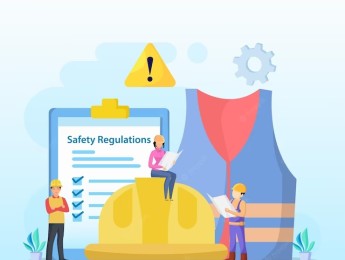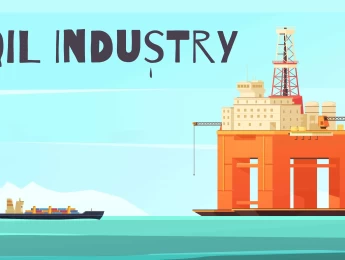The most important element in any organisation or business is the people. Managers, whether of a small team or a large business, need to keep people creative, active, and motivated to ensure their business moves forward.
Motivating people can be demanding, especially as all employees have different learning techniques and working methods. You need to determine the best approach to cover most employees and ensure everyone is happy with the collective goals that they’re working towards. As a manager, one of your primary functions is to work for your team, ensure they have everything they need to conduct their role successfully and create a happy and healthy working environment to aid staff retention.
An energised environment is essential to maintaining growth, rising revenues, organisational health, and retaining valued employees. Workers losing energy can lead to substandard work and a lack of contingency or talent management options. Leaders and managers must use tried-and-tested techniques to motivate their teams and maintain the quality and productivity of their work.
Re-energising your team will boost their enthusiasm and yours, improve productivity, and raise job satisfaction through higher performance.
Upon completion of this course, participants will be able to:
- Motivate your teams using tested techniques.
- Energise and motivate individuals utilising their specific learning styles.
- Empower the people you manage to lead to effective talent management.
- Build good team relations and foster a collaborative approach.
- Enthuse people with a sense of purpose and inclusion.
- Promote individual responsibility, delegation, and development opportunities.
- Encourage feedback from team members to aid continuous improvement and growth.
- Understand the value of reverse learning.
This course is designed for anyone responsible for department development or solving issues with staff retention. It would be most beneficial for:
- Team Leaders
- Operations Managers
- HR Managers
- Progressing Managers
- Leaders & Supervisors
- Performance Managers
- Change & Control Managers
- Project Managers
- Recruiters
This course uses various adult learning methods to aid understanding and comprehension. Participants will experience role-play in various scenarios, leading to a practical understanding of the concepts, which will energise and motivate team members for higher performance.
Participants will participate in interactive group exercises to build their skills in managing a team so that they can perform at a high focus level. Along with videos and case studies of real-life examples that will help them better comprehend the course elements and their application in their organisation.
Day 5 of each course is reserved for a Q&A session, which may occur off-site. For 10-day courses, this also applies to day 10
Section 1: Your Leadership Skills
- What makes a good leader?
- How to develop trust from your teams.
- The differences between management and leadership.
- How to pinpoint when someone isn’t motivated.
- Diagnosing the root cause of performance issues.
- How to communicate and agree on mutually beneficial expectations.
- Bridging your performance gaps.
- How to engage others to achieve the right results.
Section 2: Team Performance & Individual Motivators
- Reporting and how to find accurate problem indicators.
- Risk management and employee challenges.
- Communication expectations from both sides.
- How to develop a collaborative team with differing opinions and ideas.
- Identifying individual drivers and bringing them together.
- Coaching skills and methodology.
- Your talent management framework.
- Optimising your working relationships.
Section 3: How to Maintain Interest and Engagement
- Promoting successes and removing failures.
- Applying effective motivational tools.
- How to delegate responsibilities across the team.
- Developing your future-proofing strategy.
- Shaping a new working environment.
- Inviting new employees to join your model.
Section 4: How to Improve Performance Using Motivational Techniques
- How emotional intelligence affects your coaching methods.
- EQ vs. IQ.
- How to understand your team’s emotions.
- Influencing, negotiating, and laying down authority.
- Leading in a pressurised environment.
- Managing up, down, and sideways.
Section 5: Dealing with Performance Issues & Handling Negativity
- The correlation between leadership and behaviours.
- Attracting top talent and learning to delegate efficiently.
- SWOT analysis and identifying quick wins.
- The 80/20 model.
- Enabling your workforce to avoid disengagement.
- Feedback management and acting out changes.
Upon successful completion of this training course, delegates will be awarded a Holistique Training Certificate of Completion. For those who attend and complete the online training course, a Holistique Training e-Certificate will be provided.
Holistique Training Certificates are accredited by the British Assessment Council (BAC) and The CPD Certification Service (CPD), and are certified under ISO 9001, ISO 21001, and ISO 29993 standards.
CPD credits for this course are granted by our Certificates and will be reflected on the Holistique Training Certificate of Completion. In accordance with the standards of The CPD Certification Service, one CPD credit is awarded per hour of course attendance. A maximum of 50 CPD credits can be claimed for any single course we currently offer.
- Course Code MG2-128
- Course Format Classroom, Online,
- Duration 5 days














